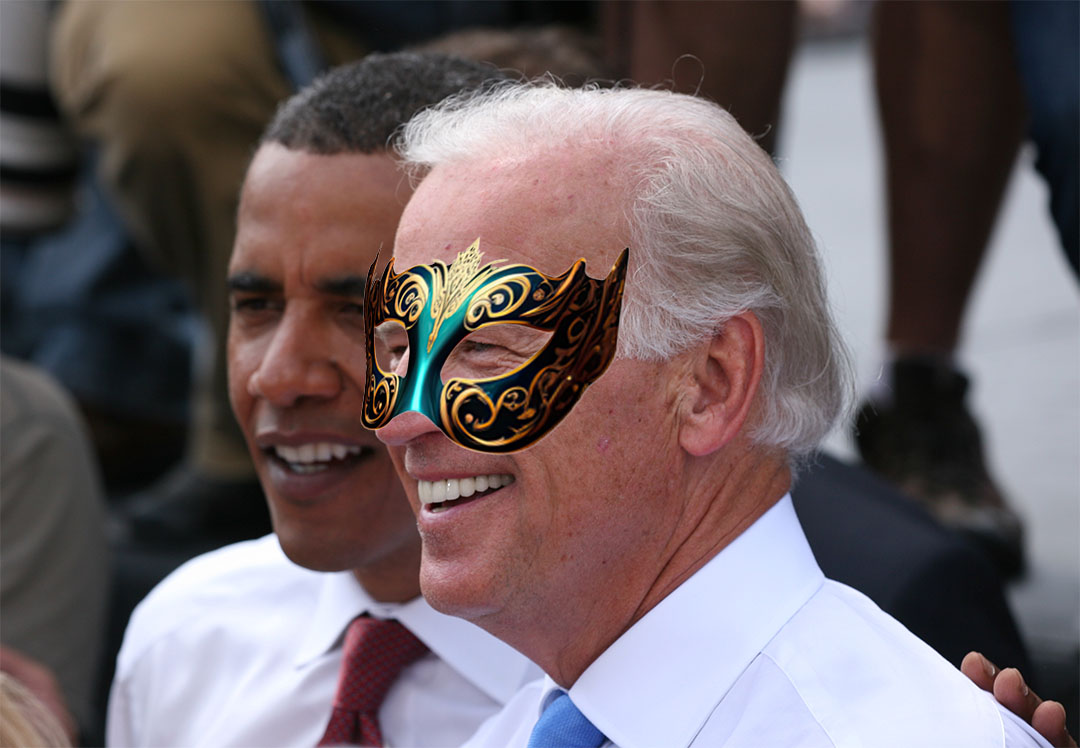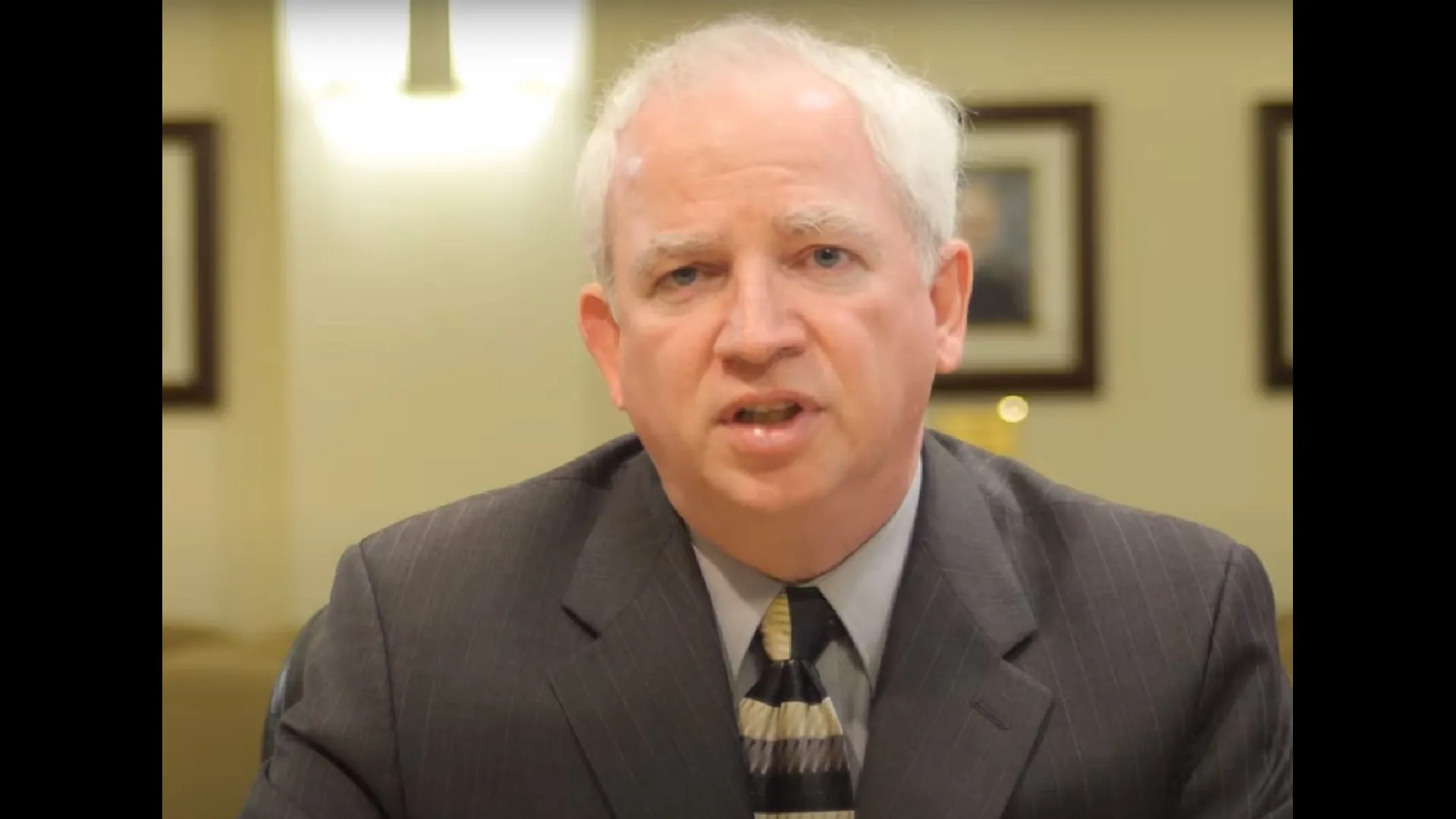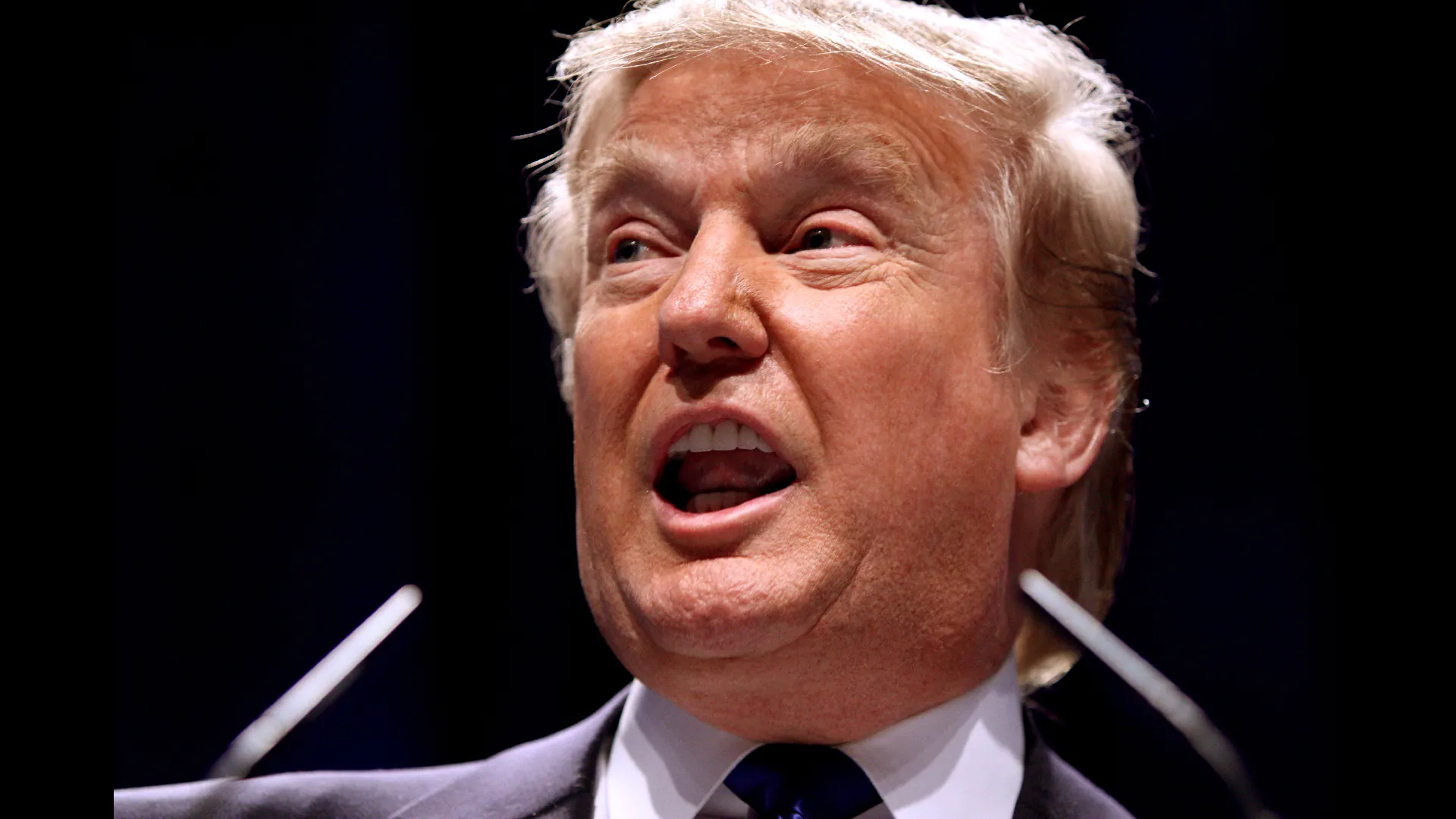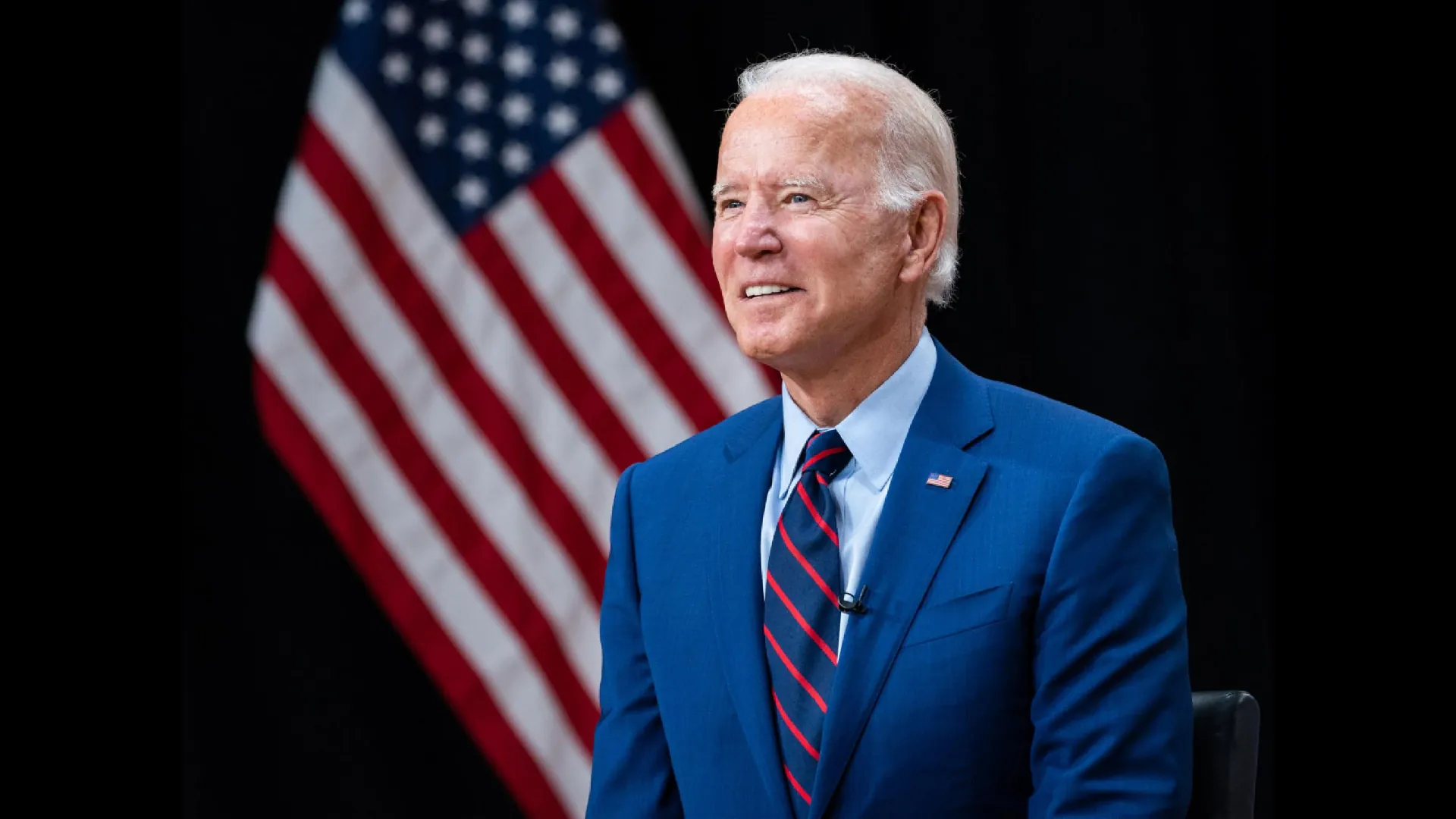Bilateral talks on climate change between US and China.
Biden Administration Takes Bold Step in Addressing Climate Change with Bilateral Talks with China
August 8, 2023 3:56 PM EDT
- The Gist
- Bilateral meetings between the US and China to address global warming and climate change
- Focus on reducing methane emissions, limiting coal use, curbing deforestation, and supporting developing nations
- John Kerry in Beijing to discuss climate change with Chinese counterpart
- Talks aim to establish stability in the relationship without concessions
- Discussions to address China's objections to US tariffs on solar panel and battery components
- Major topic of conversation will be China's transition from coal
The United States and China are set to engage in bilateral meetings aimed at addressing global warming and climate change. These discussions, scheduled to take place prior to the UN-sponsored climate talks in late 2023, will focus on crucial issues such as reducing methane emissions, limiting coal use, curbing deforestation, and supporting developing nations in tackling climate change.


John Kerry, the U.S. special envoy on climate change, has arrived in Beijing to engage in discussions with his Chinese counterpart, Xie Zhenhua. The aim is to foster cooperation and establish stability in the relationship without making any concessions. This visit holds historical significance as past talks between the United States and China have played a pivotal role in advancing global climate negotiations, including the landmark Paris climate accord in 2015. The suspension of climate talks between the two nations last year set an unfavorable precedent, emphasizing the urgency to resume cooperation on climate change.
Despite Republican criticism of the Biden administration's approach to Beijing in climate diplomacy, these talks signify the administration's commitment to addressing climate change and fostering international collaboration. The discussions will also address China's objections to U.S. tariffs and restrictions on imports of Chinese solar panel and battery components. The U.S. aims to protect its manufacturers from low-cost competitors in China, including those suspected of using forced labor.
A major topic of conversation during the talks will be the speed of China's transition from coal. China has pledged to reach peak carbon emissions by 2030 and become carbon neutral by 2060. However, the country still heavily relies on coal power, posing a challenge to its climate policy and emission reduction targets.
The ongoing discussions between the United States and China on combating climate change are of utmost importance, especially in the face of extreme heatwaves experienced by both nations. While no major announcements are expected from John Kerry's trip to China, the significance lies in improving communication and stabilizing relations. The talks have the potential to yield positive outcomes for global climate negotiations and reinforce the urgency of addressing climate change on a global scale.
Despite Republican criticism of the Biden administration's approach to Beijing in climate diplomacy, these talks signify the administration's commitment to addressing climate change and fostering international collaboration. The discussions will also address China's objections to U.S. tariffs and restrictions on imports of Chinese solar panel and battery components. The U.S. aims to protect its manufacturers from low-cost competitors in China, including those suspected of using forced labor.
A major topic of conversation during the talks will be the speed of China's transition from coal. China has pledged to reach peak carbon emissions by 2030 and become carbon neutral by 2060. However, the country still heavily relies on coal power, posing a challenge to its climate policy and emission reduction targets.
The ongoing discussions between the United States and China on combating climate change are of utmost importance, especially in the face of extreme heatwaves experienced by both nations. While no major announcements are expected from John Kerry's trip to China, the significance lies in improving communication and stabilizing relations. The talks have the potential to yield positive outcomes for global climate negotiations and reinforce the urgency of addressing climate change on a global scale.
No, Really?! There's More News:
 House Oversight Committee's Accusations Fall Flat: Biden's Aliases Serve National Interests
House Oversight Committee's Accusations Fall Flat: Biden's Aliases Serve National Interests  Former Trump Adviser John Eastman Faces Racketeering Charges in Georgia
Former Trump Adviser John Eastman Faces Racketeering Charges in Georgia  Former President Trump Indicted on Extensive Charges, Accused of Running a Criminal Enterprise
Former President Trump Indicted on Extensive Charges, Accused of Running a Criminal Enterprise  President Biden's Swift Response to Maui Wildfires Praised by Hawaii Governor
President Biden's Swift Response to Maui Wildfires Praised by Hawaii Governor